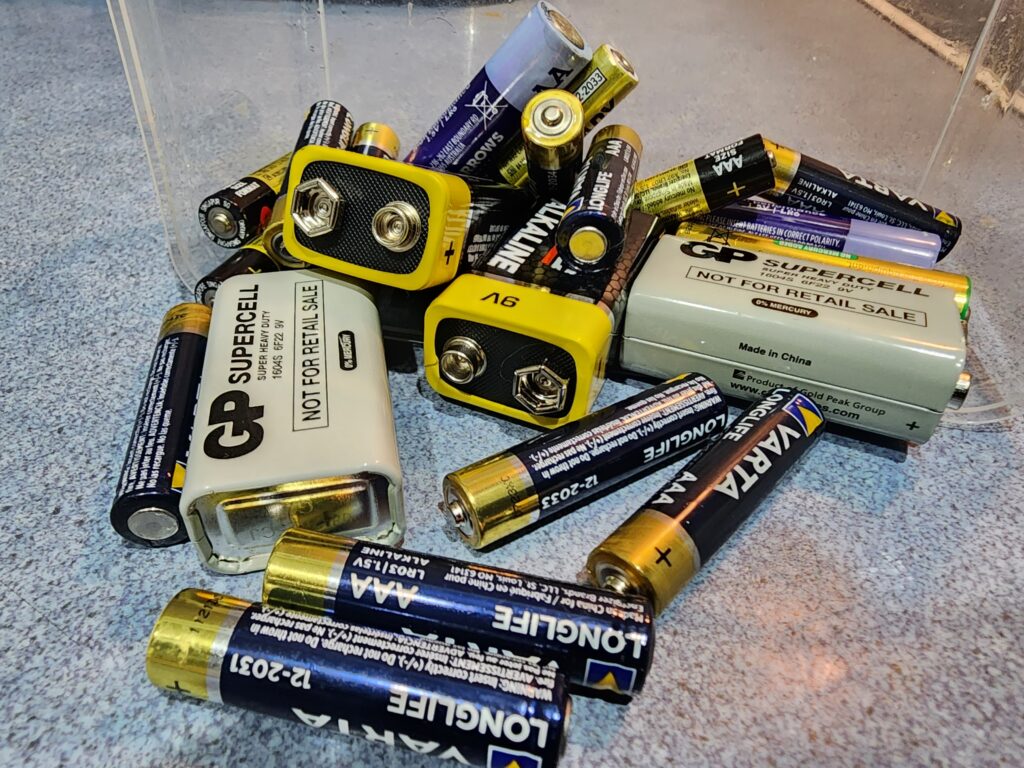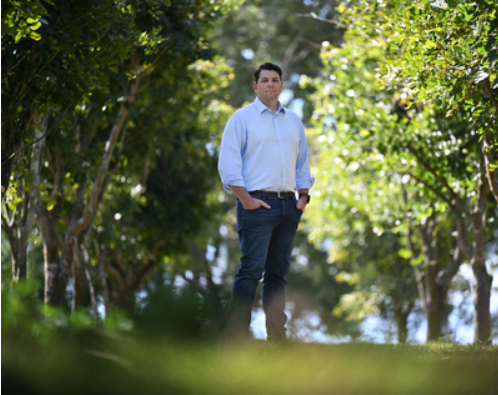A battery stewardship scheme aimed to increase battery collection and recycling in Australia has received interim and conditional authorisation by the Australian Competition and Consumer Commission (ACCC).

The ACCC has granted interim authorisation until 26 September 2025 to allow the Battery Stewardship Scheme to continue with a limited levy and rebate adjustments.
The scheme is operated by the Battery Stewardship Council (BSC), whic was formed in 2018 with the primary goal of establishing the scheme to increase battery collections and recycling.
In September 2020, the ACCC granted authorisation to the BSC to establish and operate a national scheme which manages end-of-life batteries.
Under the Scheme, the BSC imposes a weight-based levy on imported batteries at a rate of 4 cents per equivalent battery unit.
By granting interim authorisation, the ACCC will allow the BSC to adjust the levy to take account of changes in the Consumer Price Index since the scheme’s commencement.
“The Scheme results in significant environmental benefits by diverting the number of batteries headed for landfill, as well as raising public awareness around battery disposal and re-use,” ACCC Deputy Chair Mick Keogh said.
“This interim authorisation is needed to ensure the Scheme’s financial viability, given that costs have risen since its inception.”
Under the interim authorisation, the BSC will be able to progress the development of new levy arrangements involving an eco-modulated levy to be applied based on battery type.
This aims to provide sufficient funding to ensure that rebates to scheme participants reflect the costs of safe collection and sorting, and to reward processing performance.
“Granting interim authorisation provides the BSC with financial stability, enabling it to maintain the Battery Stewardship Scheme while the ACCC completes its assessment of the proposed broader levy and rebate arrangements,” Mr Keogh said.
Button battery safety
To address the continued risk of harm from consumers storing button batteries, the ACCC has imposed a condition that the BSC continue implementing its Button Battery Safety Strategy.
“We acknowledge the broader issues raised by interested parties in relation to the scheme’s performance so far as well as the pathway forward,” Mr Keogh said.
“We will investigate these issues further in our draft determination.”
The interim authorisation took effect from 4 June 2025 and will remain in place until the ACCC issues its final determination, unless it is revoked or amended by the ACCC.
The ACCC is continuing to assess the BSC’s substantive application, which includes proposals to broaden the scope of the scheme and further develop levy and rebate mechanisms.
Stakeholders will have a further opportunity to comment on the ACCC’s draft determination.
More information, including the ACCC’s reason for decision, is available online on the ACCC’s public register at Battery Stewardship Council.
Protection
ACCC authorisation provides statutory protection from court action for conduct that might otherwise raise concerns under the competition provisions of the Competition and Consumer Act (CCA).
Section 91 of the CCA allows the ACCC to grant interim authorisation when it considers it is appropriate and in the public benefit. This allows the parties to engage in proposed conduct while the ACCC is considering the merits of the substantive CCA authorisation application.
The ACCC may review a decision on interim authorisation at any time, including in response to feedback raised following interim authorisation.
Stewardship
Product stewardship is an environmental management strategy that means whoever designs, produces, sells or uses a product takes responsibility for minimising that product’s environmental impact through all stages of its life cycle.
The BSC is a not-for-profit entity established to oversee the Battery Stewardship Scheme, which promotes the safe collection, recycling, and disposal of end-of-life batteries. The scheme does not cover automotive lead-acid batteries or batteries already included in other recycling programs.
The BSC first sought authorisation in 2020 for a static, weight-based levy which was charged on imported batteries at a rate of 4 cents per equivalent battery unit. The weight-based charge on imported batteries (or equivalent fee to be paid by members of the scheme) is to be passed on to consumers as a visible levy and used to fund the scheme and a rebate system for service providers responsible for the battery’s collection, sorting and processing.
Welcomed
The BS has welcomed the ACCC’s interim authorization as a major milestone for battery recycling and product stewardship in Australia.
According to the BSC, the decision allows it to make conservative adjustments to levies and rebates and initiate the move to B-cycle 2.0 and eco-modulation which is a pivotal change towards incentivising circularity and safety in product stewardship.
“With states like NSW moving on regulation and a full reauthorisation decision due in September, this is a pivotal moment for Australia’s battery future.
Why this is important:
- Authorisation supports changes to levy and rebate settings, aligned with CPI and growing battery volumes.
- BSC to progress the roll out of an eco-modulated levy based on battery type
- Continued national push for mandatory product stewardship to end freeriding and raise safety standards.
- Button battery safety front and centre, with BSC working to raise public awareness of the associated risks.
“With renewed backing from the ACCC, BSC is able to maintain momentum on several critical fronts.
“This includes ensuring battery collection and recycling rates do not fall, reducing fire risks in homes and waste management facilities caused by improper disposal, and increasing public safety around hazardous button batteries.
“The interim authorisation will also strengthen BSC’s ability to drive improved circular economy outcomes and deepen public awareness of B-cycle, while supporting the behavioural shift needed to make safe battery recycling the norm nationwide.
“Button batteries pose a unique and serious risk, particularly to children. As part of our national strategy, we’re working to ensure public awareness continues to grow. This interim authorisation supports our ability to scale that strategy and protect more families across Australia.” says Libby Chaplin, CEO of the Battery Stewardship Council.
Enhancements to the B-cycle Scheme
Under the ACCC’s decision, BSC is able to adjust its weight-based levy as funding allows, to account for the changes made to the Consumer Price Index since the Scheme began.
This ensures that as volumes of recycled batteries increase – due to greater awareness and participation in B-cycle – BSC can continue to support processing.
BSC will review the levy and changes will include a three-month notification period to industry.
“The ACCC’s decision supports our efforts to future proof the Battery Stewardship Scheme and deliver long term circularity and resource security outcomes.” says Libby Chaplin. “The eco-modulated levy framework represents a significant shift to a proactive approach to addressing the varying environmental and safety profiles of batteries, ensuring that our Scheme can adapt in response to changing economic conditions and technological advancements.”
Mandatory participation needed
BSC continues to advocate for a nationally consistent, mandatory participation in product stewardship for all battery types.
“We value the industry support for our interim application, including Powercell, Waste Contractors and Recyclers Association of NSW, Australian Council of Recycling, and EcoBatt, who also made it clear that mandating participation is essential to eliminate freeriders, level the playing field, and ensure all participants in the Scheme work together to contribute fairly to safe recycling outcomes.
“The approval of the ACCC in granting this interim authorisation enables BSC to take pivotal steps forward in our ongoing efforts to improve battery stewardship including to increase safe diversion of batteries from landfill, improve recovery rates, reduce environmental risks, and foster innovation within the industry. We look forward to continuing our collaboration with all stakeholders to achieve these goals.”


